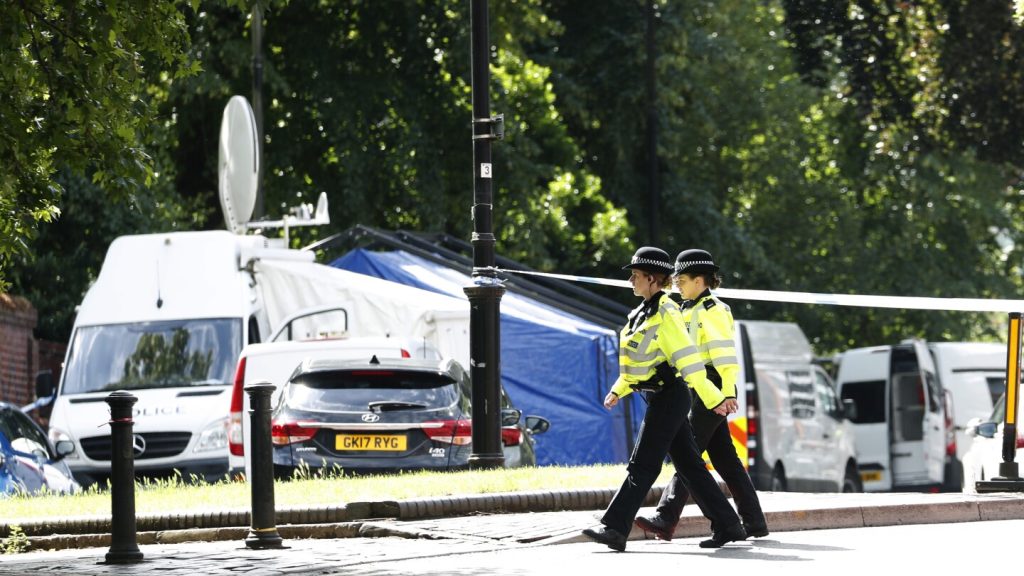Knife crime in the UK has been a growing concern, as knives are often the weapons of choice in crimes, especially in areas where gun ownership is heavily regulated. Despite regulations, fatal stabbings and knife-related crimes have been on the rise, with an increase of 7% in England and Wales last year. The availability of knives, especially kitchen knives, has made it challenging to control their usage in criminal activities. Shocking attacks involving knives, such as the recent killing of a 14-year-old boy in London, have raised serious concerns about the issue.
Efforts have been made to address the issue of knife crime, including laws that prohibit the sale of certain types of blades and restrict carrying knives in public without a valid reason. However, the effectiveness of these measures remains to be seen, as knives are still widely available and used in crimes. The government is set to implement a new law in September banning the sale of machetes and closing loopholes that allow the circulation of certain types of knives. Despite these efforts, regulating knives is much more challenging than restricting guns, as knives are harder to regulate and numerous knives are already in circulation.
Statistics show that homicides committed with sharp instruments, including knives, have remained steady in the UK, with blades being the weapon of choice in most London killings. While the frequency of slashing attacks has increased in cities, random acts of violence are relatively rare in the country. Although incidents of knife crime have created a sense of dread and tension in urban areas, public homicides remain uncommon. The emotional toll of knife attacks is felt by families, with many left shattered and bewildered by the tragic loss of their loved ones.
Individual cases of knife crimes, such as the killing of 16-year-old Ronan Kanda, highlight the devastating impact of such crimes on families and communities. Parents like Pooja Kanda, who lost her son to a sword attack, advocate for stricter regulations on the sale and possession of weapons. Despite facing rejection in her petition to ban the sale of swords, Kanda remains determined to raise awareness about the consequences of knife crimes and the need for stronger measures to prevent such tragedies. The cultural factors and societal attitudes towards knives play a significant role in perpetuating these crimes, with many individuals viewing knife possession as a symbol of power and status.
The debate surrounding knife crime in the UK has prompted calls for government action and increased public awareness about the issue. High-profile incidents of knife attacks and the devastating impact on families have underscored the urgency of addressing the root causes of knife-related violence. While efforts to regulate knives and curb the rise in knife crime are ongoing, the complexities of the issue and the cultural perceptions around knife possession present significant challenges. Despite these challenges, continued advocacy and policy measures are essential to prevent further loss of life and ensure the safety of communities across the UK.


